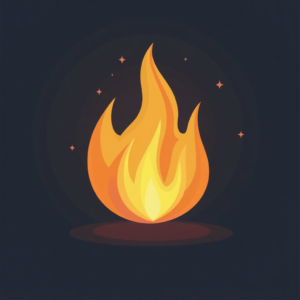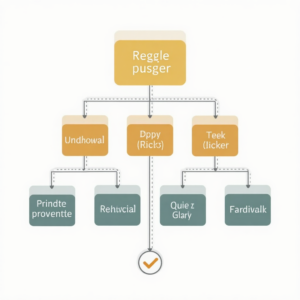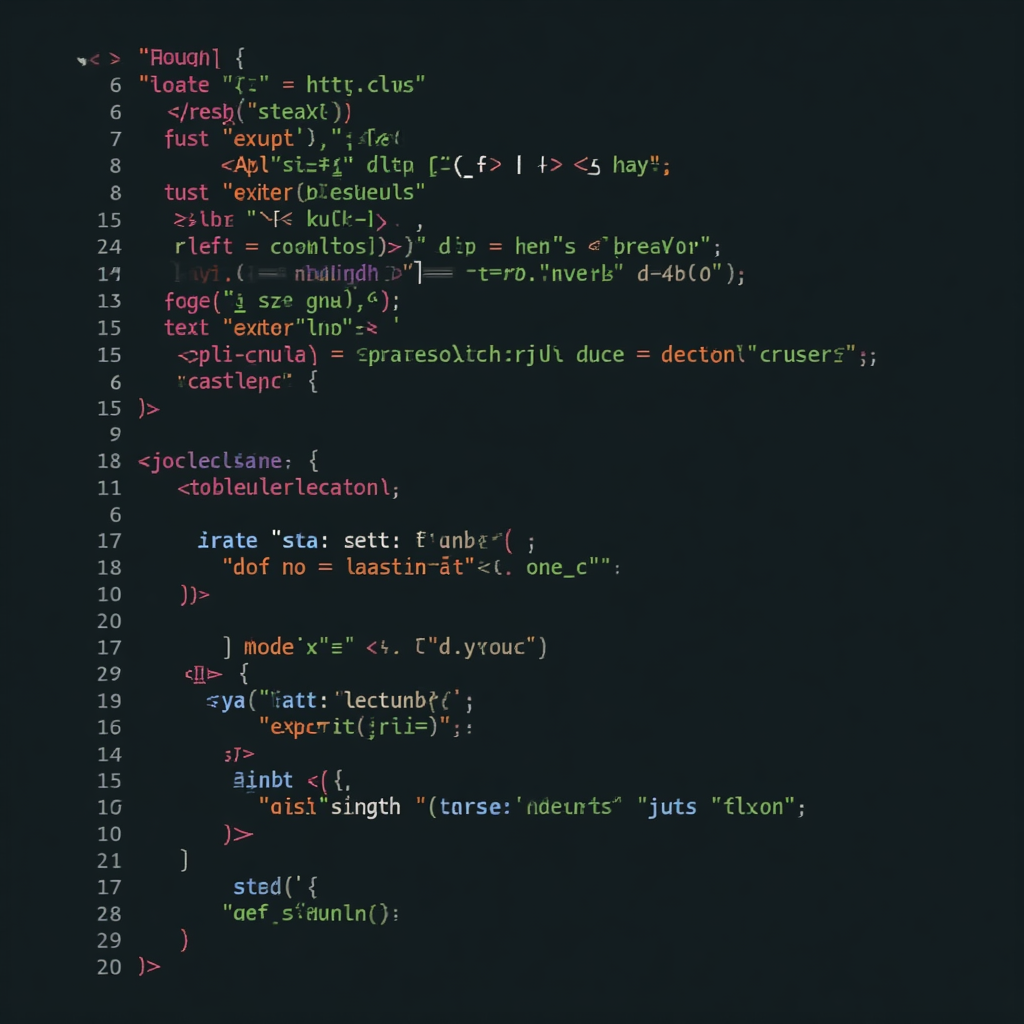
Introduction to CodeIgniter Plugin Development
CodeIgniter is a powerful PHP framework that provides a robust set of tools for building web applications. One of the key features of CodeIgniter is its ability to be extended through plugins. In this article, we will explore the world of CodeIgniter plugin development and how it can enhance the functionality of your web applications.CodeIgniter plugins are essentially libraries that can be loaded into your application to provide additional functionality. They can range from simple helpers to complex modules that integrate with your application’s core functionality.
Why Develop Custom Plugins for CodeIgniter?
There are several reasons why you might want to develop custom plugins for CodeIgniter. Firstly, plugins allow you to extend the core functionality of the framework without modifying its core code. This makes it easy to upgrade or switch to different versions of the framework without worrying about breaking your custom code.Secondly, plugins provide a way to encapsulate specific functionality that can be reused across multiple applications. This can save a significant amount of development time and reduce code duplication.Lastly, developing custom plugins can help you to integrate third-party libraries or services with your CodeIgniter application. This can enhance the functionality of your application and provide a more seamless user experience.

Getting Started with CodeIgniter Plugin Development
To get started with CodeIgniter plugin development, you need to have a good understanding of the framework’s architecture and the way its components interact with each other. You should also be familiar with PHP and object-oriented programming concepts.Once you have the necessary knowledge and skills, you can start by creating a new plugin folder within your application’s directory. The plugin folder should contain a PHP file that defines the plugin’s class and any additional files that are required by the plugin.The plugin class should extend the CodeIgniter plugin base class and provide any necessary functionality through its methods. You can then load the plugin into your application using the CodeIgniter loader class.
Best Practices for CodeIgniter Plugin Development
When developing custom plugins for CodeIgniter, there are several best practices that you should follow. Firstly, you should keep your plugin’s code organized and modular. This makes it easy to maintain and extend the plugin’s functionality.Secondly, you should use the CodeIgniter coding standards and naming conventions when developing your plugin. This helps to keep your code consistent with the rest of the framework and makes it easier for other developers to understand.Thirdly, you should test your plugin thoroughly to ensure that it works as expected. You can use the CodeIgniter testing framework to write unit tests and integration tests for your plugin.
Common Use Cases for CodeIgniter Plugins
CodeIgniter plugins can be used to provide a wide range of functionality, from authentication and authorization to payment gateways and social media integration. Some common use cases for CodeIgniter plugins include:Authentication and authorization: You can use plugins to integrate authentication and authorization systems with your application. This can include plugins for social media login, two-factor authentication, and role-based access control.Payment gateways: You can use plugins to integrate payment gateways with your application. This can include plugins for PayPal, Stripe, and other popular payment gateways.Social media integration: You can use plugins to integrate social media platforms with your application. This can include plugins for Facebook, Twitter, and other popular social media platforms.
Conclusion
In conclusion, CodeIgniter plugin development is a powerful way to extend the functionality of your web applications. By developing custom plugins, you can provide additional functionality that is not available in the core framework. This can help to enhance the user experience and provide a more seamless integration with third-party libraries and services.By following best practices and using the CodeIgniter coding standards, you can create high-quality plugins that are easy to maintain and extend. Whether you are building a simple blog or a complex e-commerce application, CodeIgniter plugins can help you to achieve your goals and provide a more robust and scalable solution.

